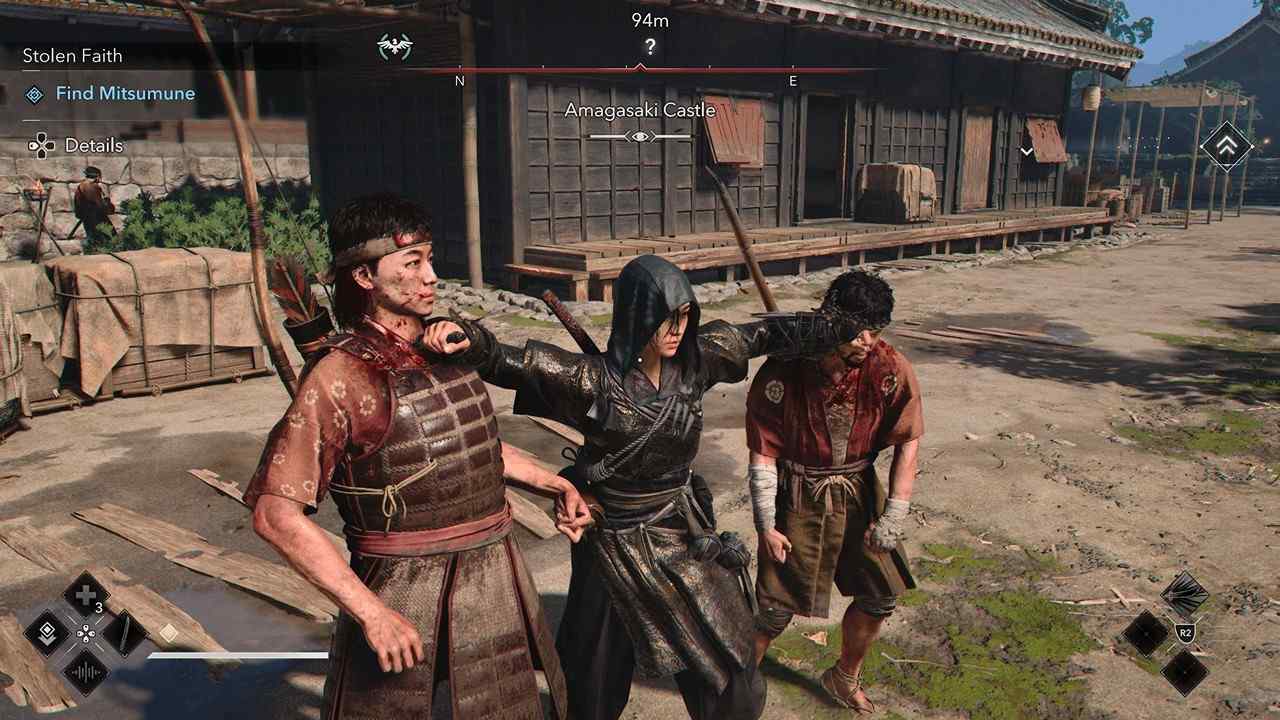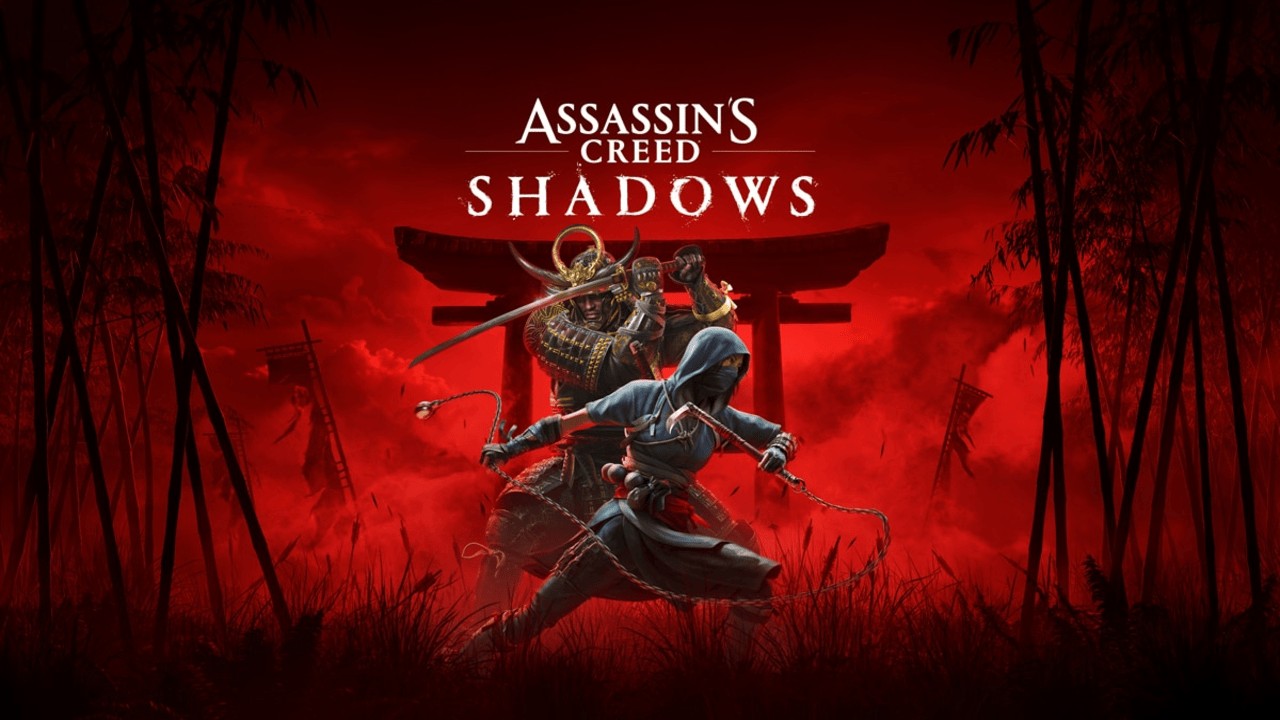A Historic Setting, A Dual-Protagonist Twist
Set in the turbulent Azuchi–Momoyama period of 16th-century Japan, Shadows features two playable characters:
- Naoe, a fictional female shinobi (ninja) who embodies stealth, agility, and traditional assassin gameplay.
- Yasuke, a historical African samurai who served Oda Nobunaga, portrayed as a powerful warrior with a grounded combat style.
Players can alternate between these characters, each offering distinct missions and narrative arcs that intersect as political chaos unfolds across Japan.
Gameplay and Features

Assassin’s Creed Shadows built upon the RPG framework of recent entries like Odyssey and Valhalla, while reintroducing tighter stealth mechanics and environmental interactions. The game’s standout features included:
- Dynamic seasons and time-of-day cycles, which altered enemy patrols, foliage density, and infiltration routes.
- Reactive NPCs, who respond to the player’s armor, weapon choices, and faction alignment.
- A redesigned parkour system, more grounded and adapted to Japanese architecture, including castles, shrines, and villages.
Launch Day Performance: Strong Debut with Minor Hiccups
On launch day, Assassin’s Creed Shadows received generally favorable reviews from critics, with praise focused on its stunning visuals, immersive worldbuilding, and ambitious narrative structure. Performance across platforms was relatively stable compared to previous entries, though some players reported bugs involving character switching and mission triggers.
eview aggregator Metacritic reflected a score of 81 (PS5) and 78 (PC) as of late March, with major outlets like IGN and GameSpot applauding its atmosphere but noting repetitive side content.
Ubisoft launched the game alongside a Collector’s Edition featuring a Naoe and Yasuke statue, an art book, and early access DLC. A day-one patch addressed several technical issues and balanced some of the combat mechanics based on early access feedback.
Community Reaction: Praise, Pushback, and Heated Debate
Post-release, Shadows quickly became a trending topic across social media, not just for its gameplay but for its representation of Yasuke as a co-lead. While many players celebrated the diversity and historical boldness, others criticized Ubisoft for sidelining purely Japanese historical figures in favor of a non-Japanese protagonist.
“Yasuke is a fascinating figure and deserved his spotlight. But making him the main samurai in a game about ninja culture feels off,” one Reddit user noted.
Meanwhile, Japanese players expressed mixed feelings. While some praised the respectful depiction of cultural details and environments, others felt Ubisoft had taken too many liberties with its interpretation of Japanese history.
A Franchise at a Crossroads
.jpg)
With Shadows, Ubisoft doubled down on its commitment to historical storytelling fused with open-world RPG design. Some longtime fans, however, yearned for the tighter stealth mechanics and singular focus of earlier entries like Assassin’s Creed II or Unity.
Yet even critics acknowledged the game’s ambition. The dual-character approach, while divisive, offered varied gameplay experiences and deeper replayability.
What’s Next?
Ubisoft has already teased a post-launch roadmap, including story expansions set during the Battle of Sekigahara and the rise of the Tokugawa shogunate. A New Game+ mode and historical tours—similar to Discovery Mode from earlier titles—are expected to arrive by summer 2025.
Whether Assassin’s Creed Shadows marks a bold new direction or a missed opportunity depends on who you ask. But one thing is clear: the franchise's leap into feudal Japan has left a lasting impact—and plenty to talk about.
Summary
Assassin’s Creed Shadows, released on March 20, 2025, marked a bold new chapter in Ubisoft’s flagship franchise, transporting players to feudal Japan with a richly detailed open world and two playable protagonists: Naoe, a fictional female shinobi, and Yasuke, the real-life African samurai. The game was praised for its stunning visuals, dynamic environments, and dual-character gameplay that offered varied approaches to missions. However, it also sparked widespread discussion—and some controversy—over its historical liberties, particularly regarding the choice to spotlight Yasuke as a central figure in a story set deeply in Japanese ninja culture. While many welcomed the diverse representation and narrative ambition, others felt the game drifted too far from traditional Assassin’s Creed roots. In the end, Shadows stands as a visually impressive and narratively ambitious entry that has both energized and divided the franchise’s passionate fanbase.
